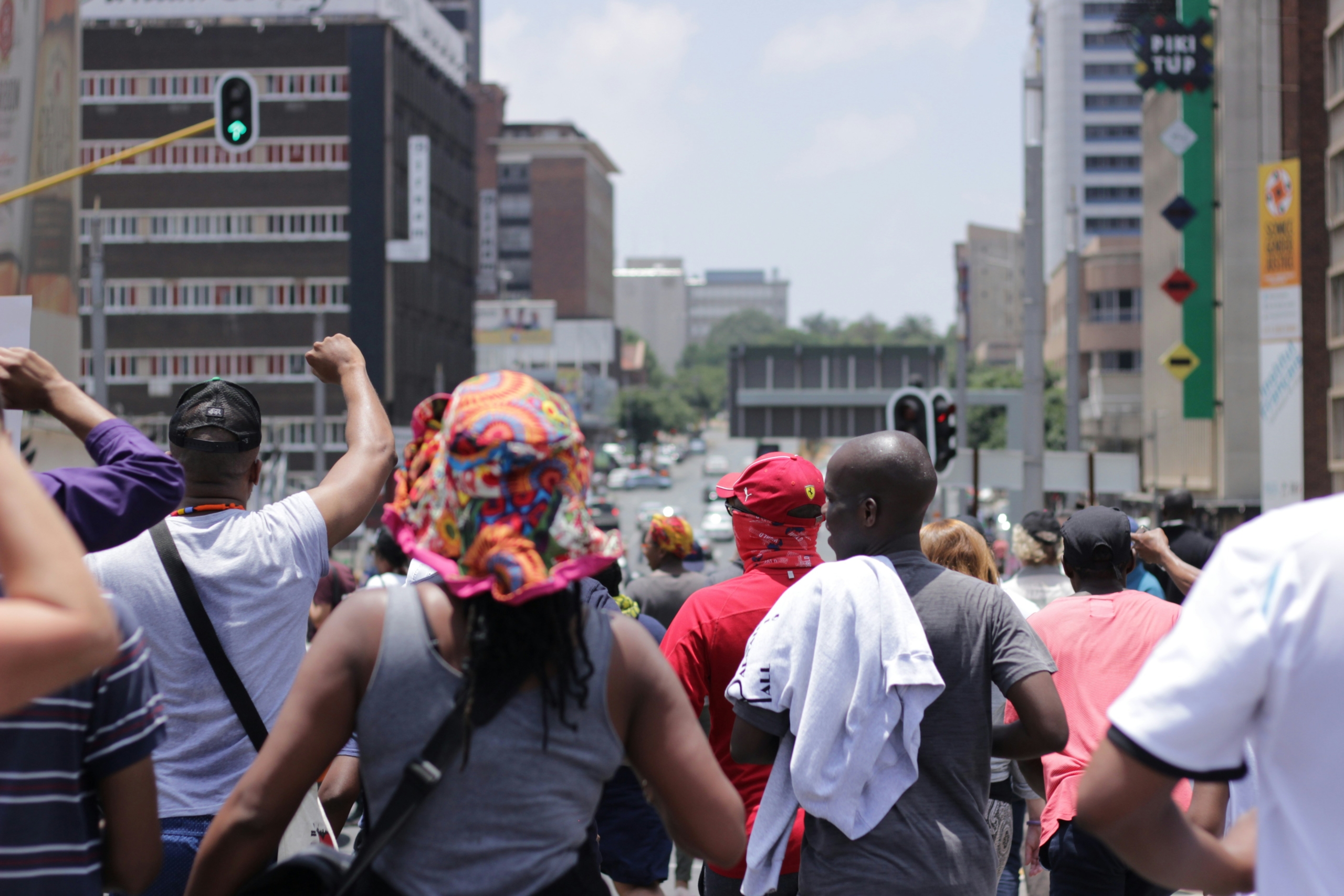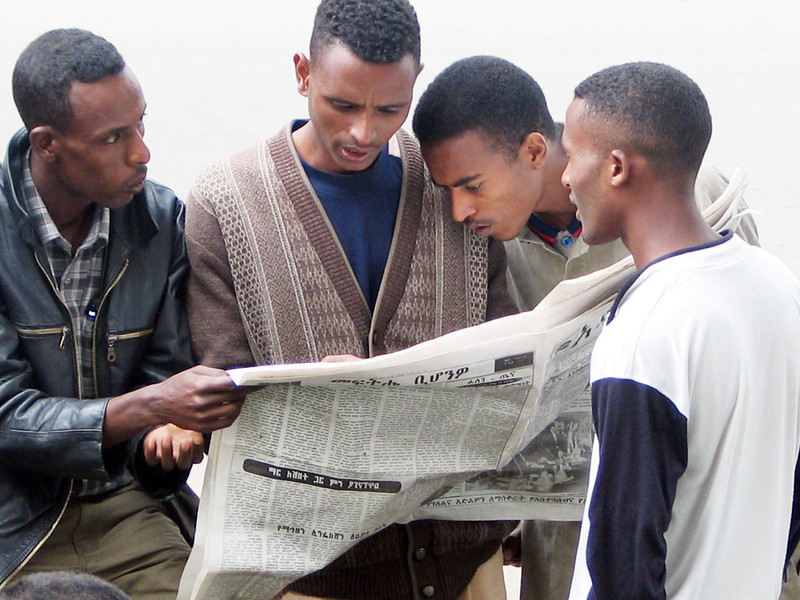About the author: Elliott O’Carroll is a Consultant in Africa Practice’s Intelligence and Analysis team, specialising in Francophone Africa.
We are excited to announce that Brink is now part of Africa Practice. Learn more
DRC: Marriages of convenience rarely last a lifetime

A political system in flux
President Felix Tshisekedi’s election in the highly contested December 2018 presidential poll, following 18 years of rule by President Joseph Kabila, marked a critical juncture in the DRC’s recent political history. While Tshisekedi won the presidency – widely seen to have been rigged by the outgoing president to preserve his political interests – he has been forced to share power in an institutional context dominated by Kabila appointees and allies. This has severely constrained his manoeuvring space and ability to implement reform. In parallel, Tshisekedi is under pressure from the international community and the Congolese population to prove that his election heralds a new era for Congo.
The fragile equilibrium that has thus far been maintained between the CACH and FCC coalition partners – an inherently contradictory marriage of convenience between former foes – seems increasingly untenable following an escalation of rhetoric and tit-for-tat attacks in early 2020. This followed several months of simmering tensions and institutional delays. Distrust and competition characterise the partnership, with FCC stalwarts fearful a more powerful Tshisekedi will side-line them and act against their interests, while Tshisekedi’s clan accuses the FCC of stalling his agenda as a means to undermine his prospects of winning a second term. The spectre of Kabila’s hand appears to shape many government processes while rumours are already circulating that the former president intends to return to frontline politics come the next election.
Tensions peaked in January 2020 when Tshisekedi used the threat of dissolving the FCC-dominated National Assembly after accusing it of blocking several of his initiatives, sparking a sharp rebuttal from Jeannine Mabunda, a Kabila ally and president of the National Assembly. Meanwhile, Emmanuel Shadary – Kabila’s losing candidate in the 2018 election and permanent secretary of the PPRD, the core party within the FCC coalition – threatened to paralyse the country if charges were brought against Albert Yuma, the powerful chairman of state-owned miner Gécamines and one of the former president’s closest confidantes.
In effect, political power within the CACH-FCC coalition is best seen as a zero-sum game in which the purported coalition partners jostle for influence and seek to out-manoeuvre the other side. Tshisekedi faces limited options: a maintenance of the status quo seems increasingly tricky, particularly as the 2023 presidential and legislative elections draw nearer, with some degree of political manoeuvring already underway. Meanwhile, the dissolution avenue represents a high-stakes gamble for Tshisekedi given he lacks control of the electoral commission and Constitutional Court.
Rather, a more likely scenario is a transition to a formal cohabitation style of government – as advocated by some figures within Tshisekedi’s camp – characterised by an executive and government led by opposing parties. The cohabitation scenario would likely lead to an institutional crisis characterised by even greater levels of antagonism and competition between the former coalition partners than what is occurring today. This could in turn lead to inertia in government business. However, both coalition parties are acutely aware of the significant costs, instability and risks this would entail and will continue to seek to maintain the existence of the coalition until its collapse becomes inevitable.
Implications for business
Foreign investors made themselves scarce in the run up to the 2018 election and have been slow to return, bar a handful of high-profile announcements in the last six months such as the expansion by Kenya’s Equity Bank into Congo, Trafigura’s financing of a $450 million copper and cobalt facility or GE’s signing of a memorandum of understanding with the government on infrastructure and health projects reportedly worth up to $1.8 billion.
Nonetheless, most foreign investors continue to adopt a wait-and-see approach as they look with unease at the current political pairing. For those looking to invest in Congo, adopting a two-pronged engagement strategy and forging strong relationships on either side of the political spectrum is key to unlocking success. Investors should avoid single track engagements to insulate investments from accusations of political bias, while avoiding “playing politics”, focusing instead on delivering consistent messaging that demonstrates alignment with government priorities. In this respect, developing a strong understanding of local political dynamics and priorities, institutions and decision-making structures – and monitoring how the balance of power evolves – is crucial.
Additionally, while there is significantly more scrutiny of the government since Tshisekedi has been in power and the brazen corruption of the Kabila administration appears at least moderately reduced, corruption risks remain high. Practices are entrenched, institutional oversight mechanisms are weak, and the judiciary is rotten. Moreover, the complex stakeholder landscape may indeed provide more avenues for fixers and high-level influence peddling.
Given the political flux, forward-looking investors already present in Congo should also implement robust business continuity plans with contingency planning to limit the fallout from institutional crises and ensure that disruption to operations is minimised. Congo has always been a highly complex country for business but laced with additional uncertainties, effective planning and proactive risk management will be essential to mitigating some of the possible fallouts.
Proud to be BCorp. We are part of the global movement for an inclusive, equitable, and regenerative economic system. Learn more


